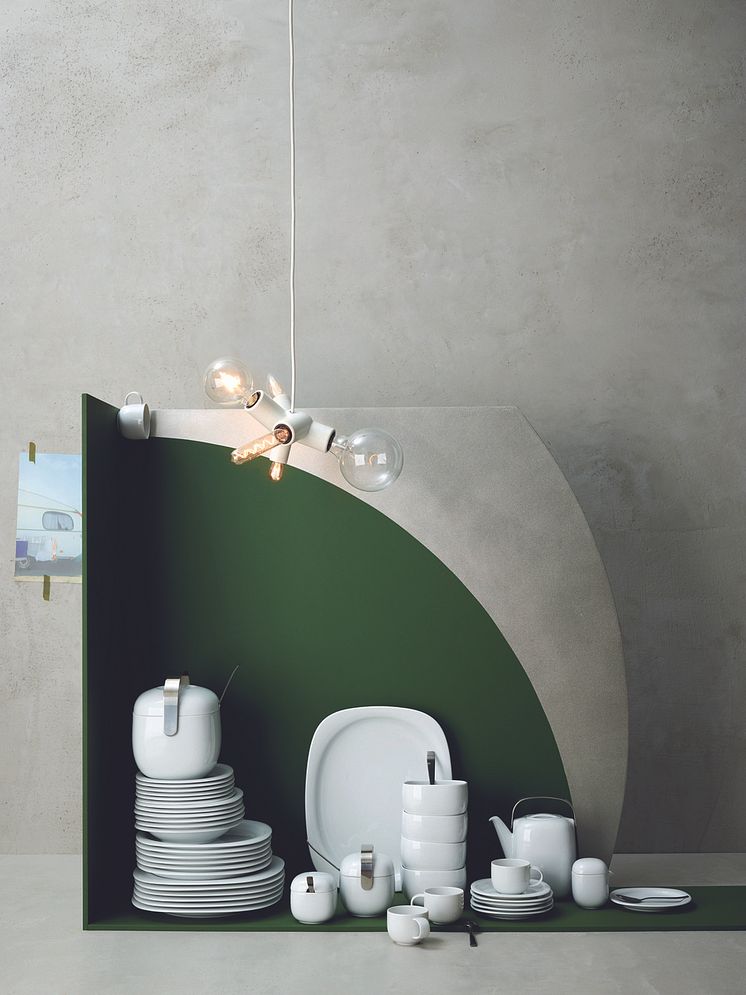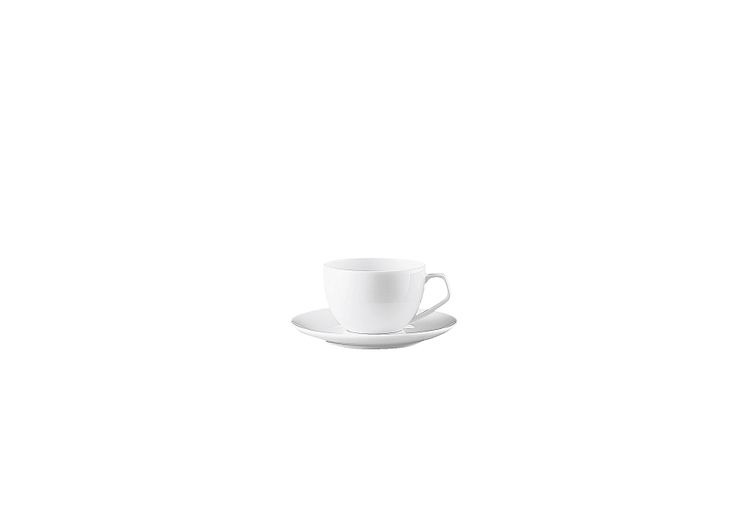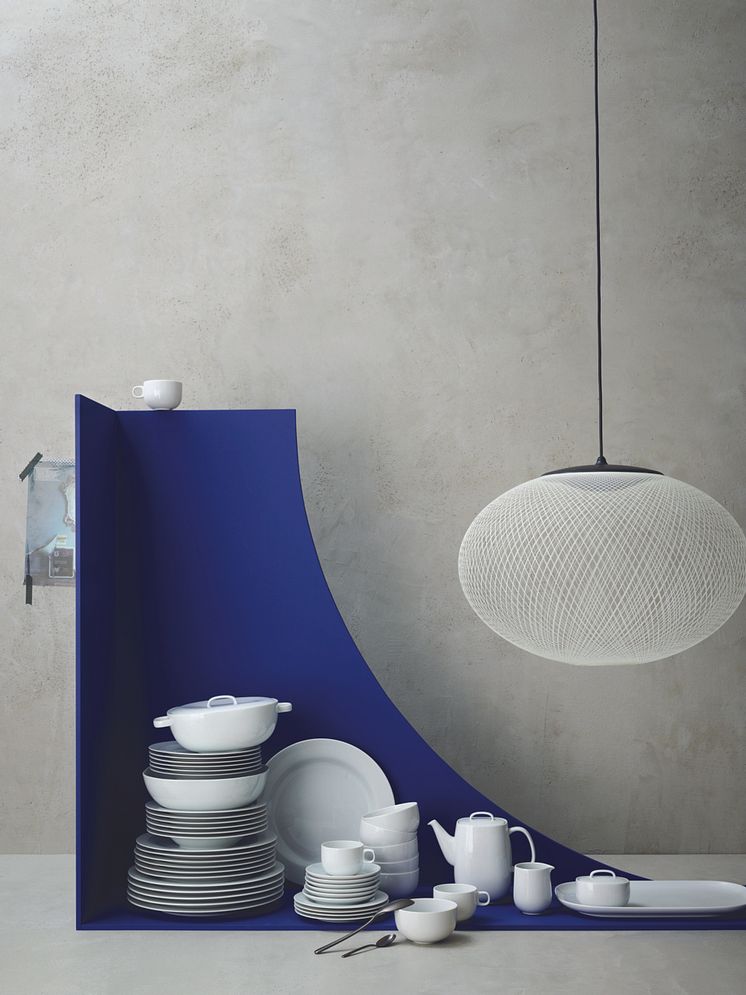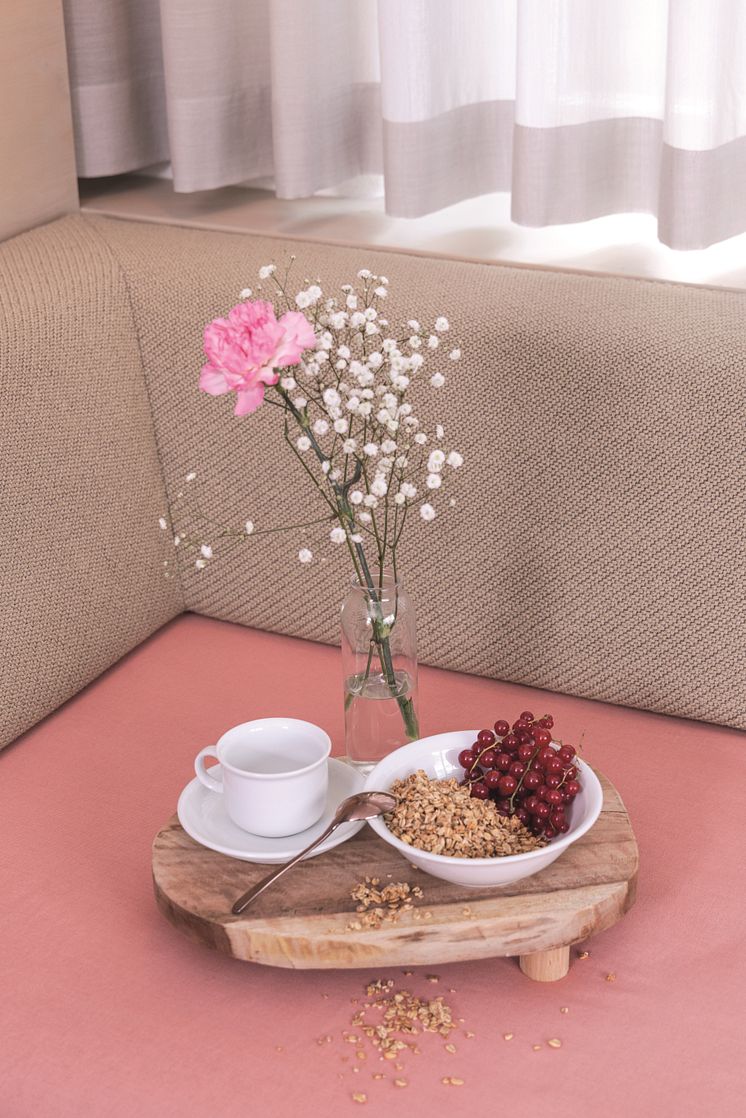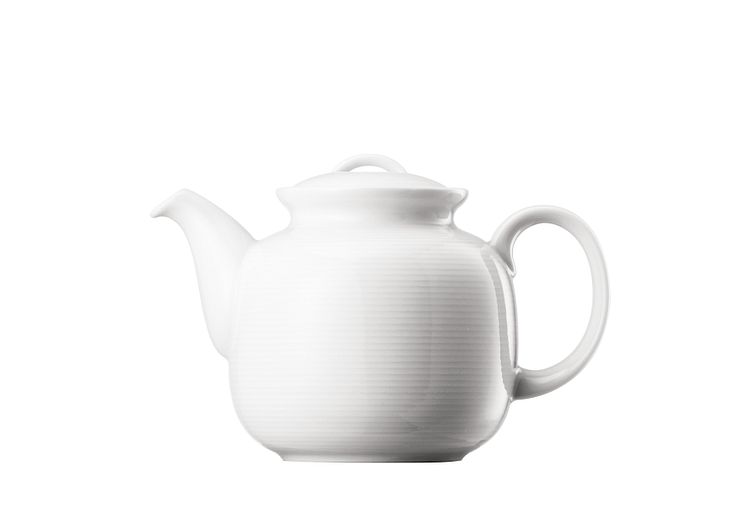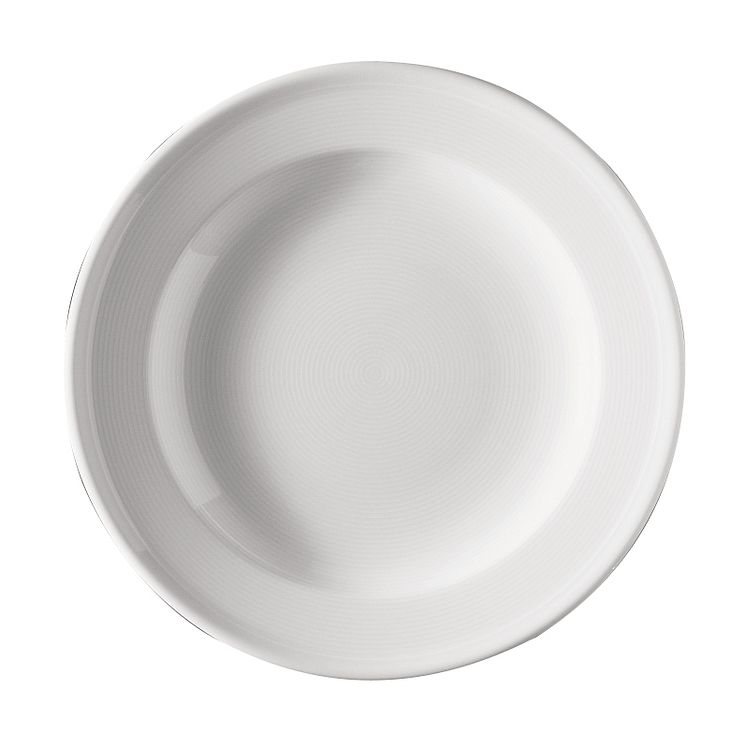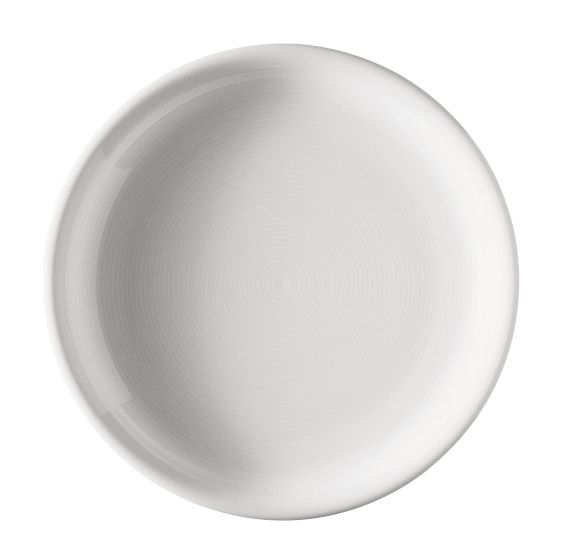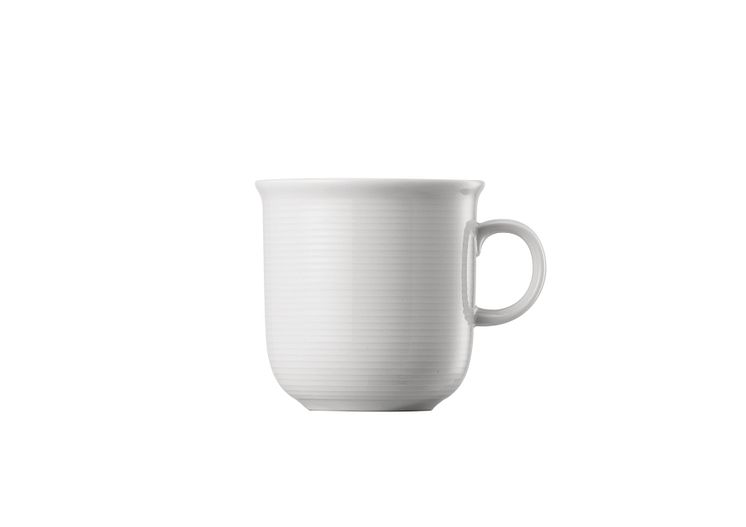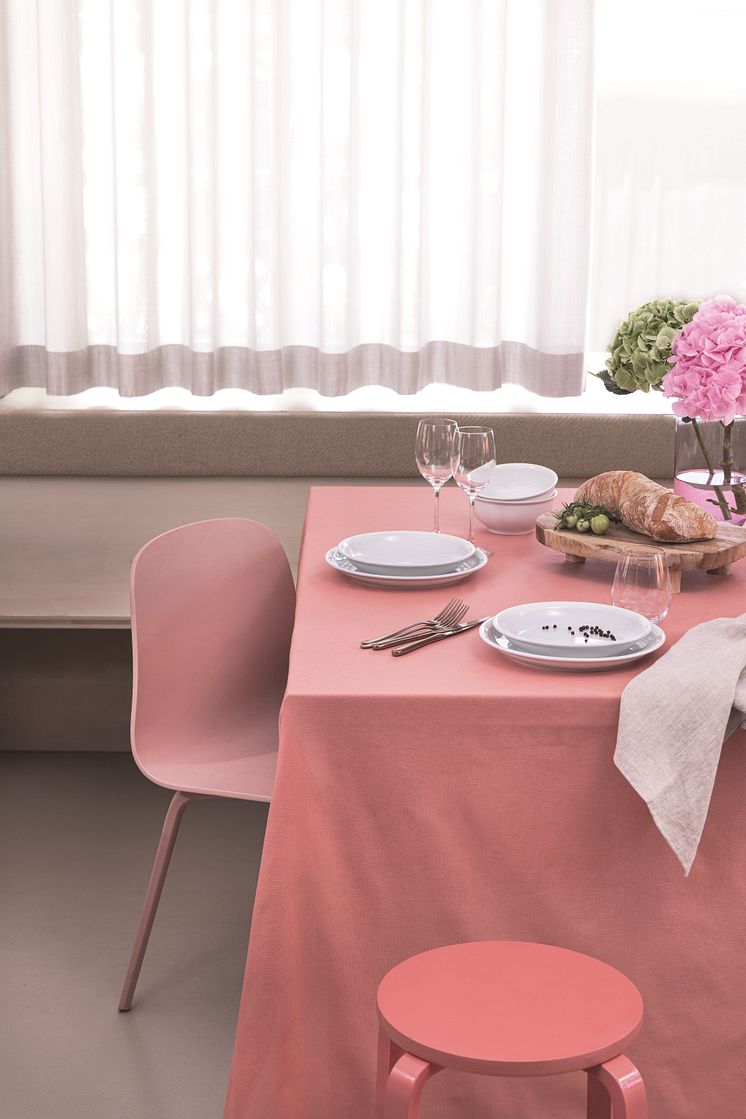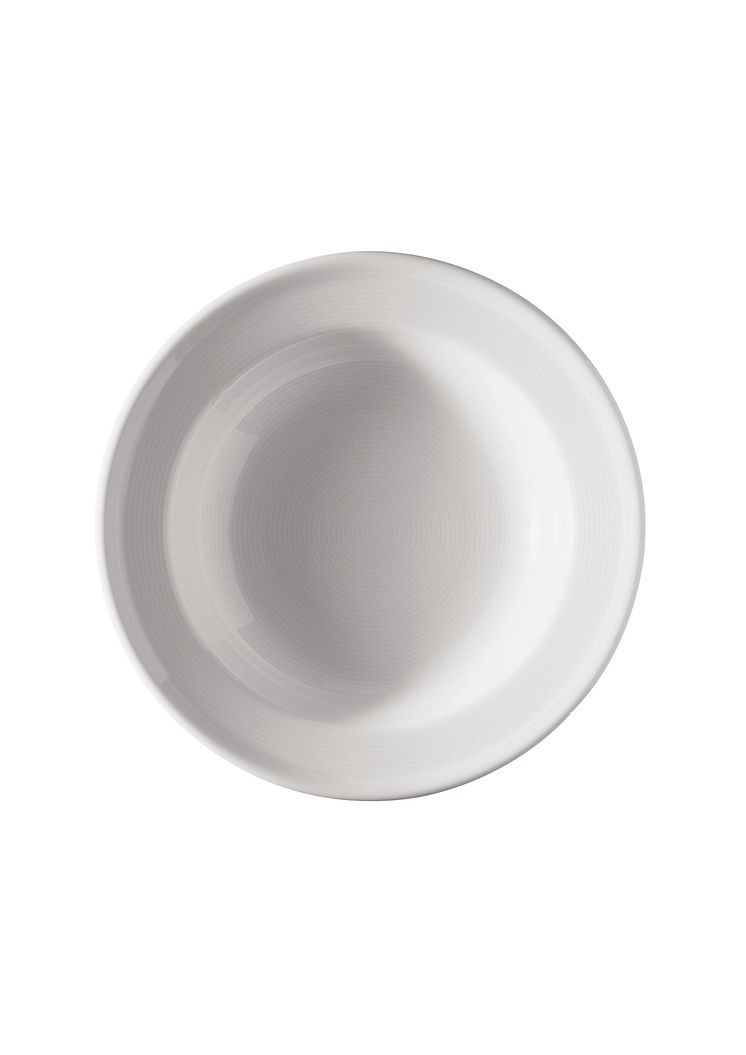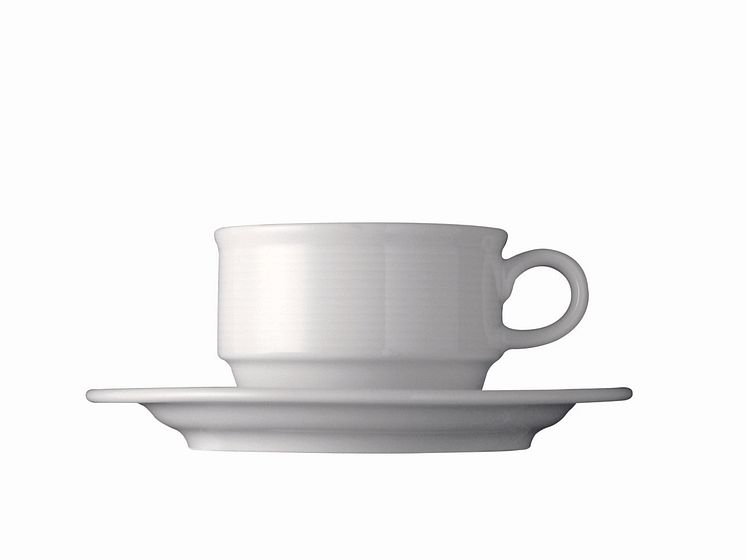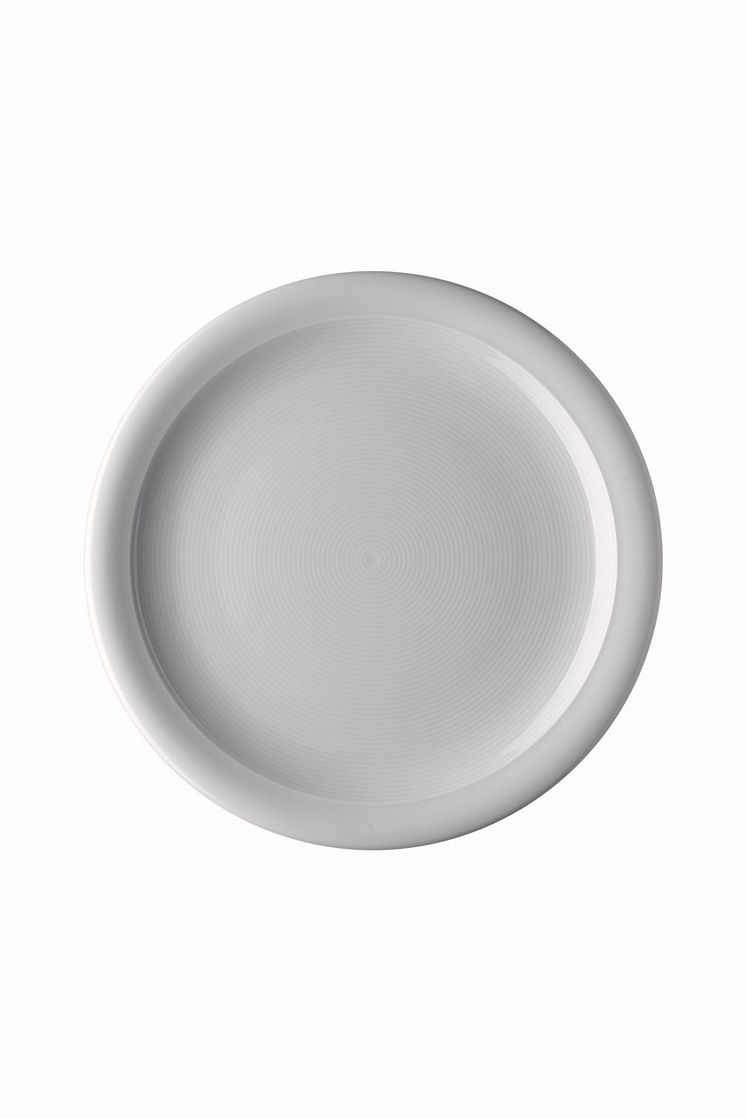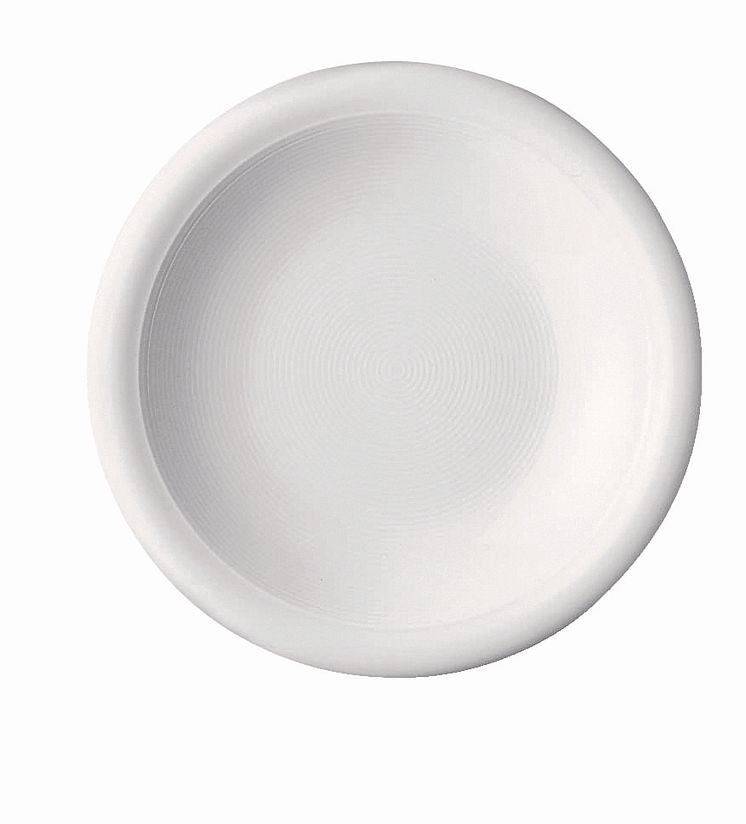Press release -
White Classics: A fresh start in the New Year with minimalistic designs
They always evoke visual interest and are relieved of all the unnecessary details - the designs by Timo Sarpaneva, Walter Gropius and Jasper Morrison as well as the designer duo Queensberry Hunt look timeless and never cease to impress. The finest white porcelain gives the shapes a distinctive haptic and underlines their status as design classics.
Rosenthal: Suomi
The porcelain service “Suomi” created by the Finnish designer Timo Sarpaneva was celebrated as a milestone in the history of the Rosenthal Studio-Line. This tableware collection embodies the Rosenthal standard for excellent design and the creation of lasting values and authenticity. Sarpaneva stands furthermore for a clear language of form, which is influenced by nature without, however, trying to imitate it. Soft flowing forms, a distinct feeling for materials and the desire for aesthetic perfection distinguish his designs.
Timo Sarpaneva’s aim was for the perfect form, which is not angular, but instead reflects natural elements in its organic form. The set’s body is reminiscent of a river pebble, worn down and rounded off over the centuries by the power of water. The unceasing movement of the river, which smoothes the resting stones, is the source of Timo Sarpaneva’s design. The name “Suomi”, which simply means Finland, is a clear homage to his home country. “Suomi” is lent its particular character by the combination of white porcelain and metal.
Rosenthal: TAC
One of the cult classics of Rosenthal studio-line is the "TAC" tea service by Walter Gropius (1883 - 1969). The dishes by the visionary architect and founder of the Bauhaus were premiered in 1969, two years after the father of the International Style had signed a contract for his first project in porcelain. Once introduced, the "TAC" tea service quickly became the studio-line model with the legendary success. Not only was it created by teamwork according to Bauhaus tradition but also its reduced formal idiom, with the plain hemisphere for the teapot and cup and the play with triangles and squares, suggests the Bauhaus style to this day.
Moreover, the material, which is highest quality, light, transparent porcelain, contributes to make this classic service give an unparalleled, timeless, poetic impression. This mastery of design was no coincidence. The dean of architecture had applied his knowledge of the complex porcelain manufacturing process, newly acquired through building the Rosenthal factory, to optimum effect.
Rosenthal: Moon
Jasper Morrison is one of the outstanding representatives of modern design today. Consciously unpretentious, simple and reductionist - these are the features which distinguish this British designer`s work. Morrison`s language of form is based on a vocabulary of lines which he reconfigures, develops and recombines but does not reinvent. What is important for him is to present the object to us as something reliable and usable - as though its existence had been eternal.
In „Moon“ Jasper Morrison has created a porcelain dinner service for Rosenthal which is at once simple, practical and a thing of beauty, dispensing with exaggerated ornamentation. „Moon“ is a supreme reworking of the best traditions of classical modernism. A comprehensive dinner service, it is an exquisitely reductionistic collection whose gentle form seems self-evident, a dinner service uncompromisingly stripped of all superfluous details and irrelevant effect.
Thomas: Trend
With "Trend", Thomas and the designer duo David Queensberry and Martin Hunt launched one of the porcelain industry's greatest success stories. Distinctive for its characteristic fine groove structure, the service has become a favourite in countless households, cookshops, offices and bistros. "Trend" is modern, absolutely functional, versatile for modern, international cuisine and therefore still totally on trend.
The appeal of the design is not, in fact, one of radical change. On the contrary, it is the "understyling" that makes "Trend" approachable and familiar. This is the key to its success. "Trend" at the beginning of the 80s was an attempt to create something that corresponded to changing eating habits, more relaxed, casual and laid-back. Thereby, the designers apparently also met the taste of many others, because "Trend" is the world's most successful and extensive range of tableware for everyday use.
Topics
Categories
From Porcelain Pioneer to an International Design Company
Rosenthal products stand out for their design, function, quality and ongoing innovative spirit. Established figures from the worlds of architecture, design and art, but also the smart newcomers and talents design avant-garde dining collections, sophisticated interiors and exclusive gifts. With exceptional craftsmanship, Rosenthal has been producing porcelain "Made in Germany" for more than 140 years. At the same time, the two porcelain factories in Selb and Speichersdorf are among the most modern production facilities in the porcelain industry worldwide and deliver sustainable manufacturing with careful use of resources thanks to the forward- looking investments that have been made.

